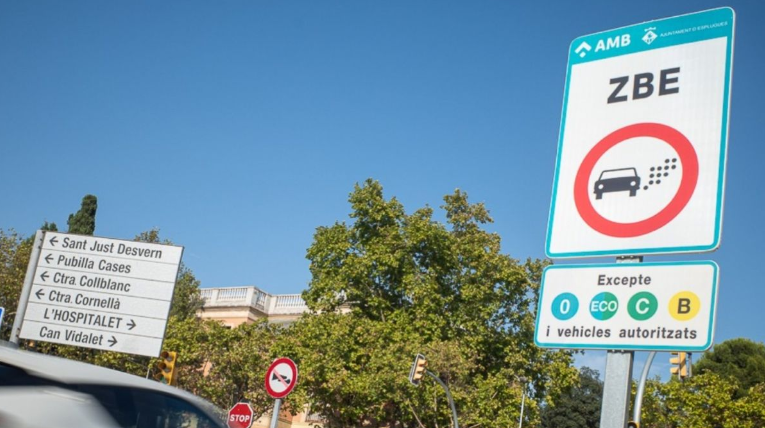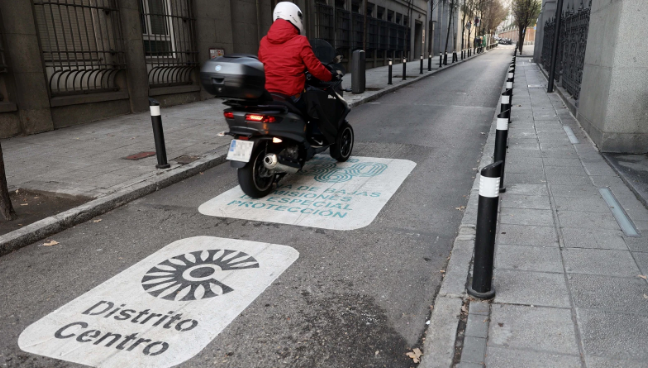
Spain: Low Emission Zones for Sustainable Mobility Presented

Spain’s Ministry for Ecological Transition and Demographic Challenge (MITECO) and the Ministry of Transport, Mobility and Urban Agenda (MITMA), presented the Low Emission Zones.
The aim of the initiative is to raise awareness of the importance of promoting sustainable and decarbonized urban mobility that contributes to improving air quality in cities.
Low Emission Zones for sustainable mobility prioritizes walking, cycling and public, collective and decarbonized transport over other more polluting modes of transport.

Plan Details
The Secretary of State for the Environment, Hugo Morán, explained that the Low Emission Zones extend from large to small municipalities, with the challenge of carrying out permanent measures, thereby involving more than 21 million citizens within the Spanish territory.
He highlighted the initiatives being carried out by the Ministry, with the aim of achieving sustainable mobility and better air quality, such as the drafting of a Royal Decree on Low Emission Zones.
Read also: AMIA Unveils Roadmap to Massify Electromobility in Mexico
Likewise, the Secretary referred to the short-term Framework Action Plan for high pollution episodes, the Strategic Plan for Health and the Environment, aimed at protecting the population from environmental risks drawn up in collaboration with the Ministry of Health, and the future Ozone Framework Plan.
Investment
The Undersecretary of Transport, Mobility and Urban Agenda, Jesús Manuel Gómez, reinforced his department’s commitment to the sustainable transformation of urban mobility.
The portfolio granted 1.5 billion euros in aid from the Recovery Plan to 196 municipalities and two supra-municipal entities to develop 1,064 actions aimed at implementing ZBEs, acquiring zero-emission buses, pedestrianizing streets and deploying bicycle lanes, among other actions.
In addition to these funds, a further 900 million euros have been transferred to the Autonomous Regions to finance projects that contribute to the operation of the ZBEs and promote sustainable and digitized mobility, all financed through the Next Generation EU program.





